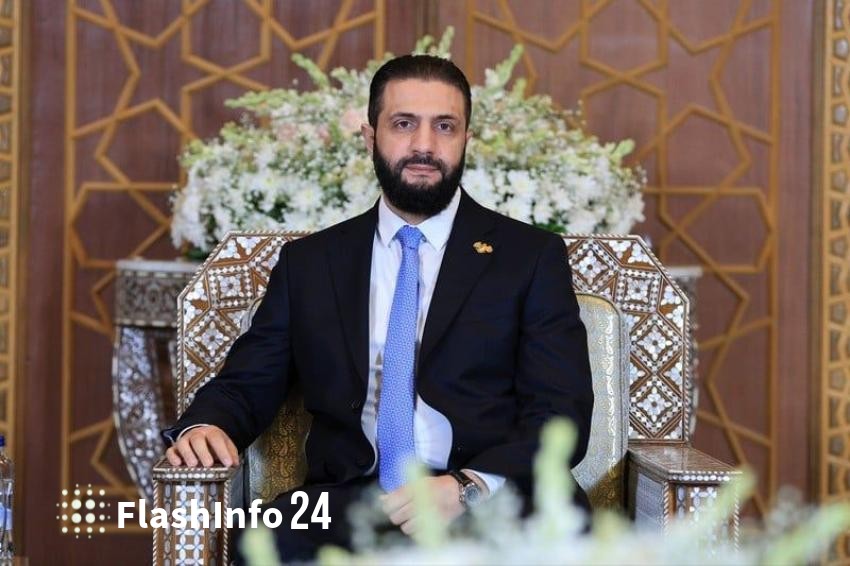President Ahmed Al-Shar' of Syria has voiced serious concerns about the potential consequences of failing to integrate the Syrian Democratic Forces (SDF) into state institutions before the end of the current year. He cautioned that such a failure could provoke military action from Turkey, while also assigning blame to certain factions within the SDF and the Kurdistan Workers' Party (PKK) for hindering the implementation of signed agreements, particularly the one from March 10th, which he described as the first path with joint US and Turkish backing.
In an interview published on Friday by Syria TV, referencing the Turkish newspaper 'Milliyet', Al-Shar' reiterated his rejection of the SDF's demands for decentralization. He argued that Syrian Law No. 107 already guarantees 90% of this principle administratively, and that demands exceeding this threshold serve as a cover for rejected secessionist tendencies. He recounted telling Kurdish leader Mazloum Abdi in a previous meeting, "If you come to demand the rights of the Kurds, there's no need, as my principle is that Kurds are equal Syrian citizens, and I am more keen on their rights than you are." The Syrian President pointed out that the SDF, which disregarded Abdullah Öcalan's call for its dissolution, now poses a threat to Turkish and Iraqi national security. He emphasized that Ankara had avoided launching military operations against them out of consideration for Syrian efforts, but warned that this patience might not extend beyond the end of the year if the integration process fails. Regarding the ongoing indirect negotiations with Israel, Al-Shar' expressed his distrust, describing the targeting of the Presidential building and the Ministry of Defense in the recent attack as an "act of war." However, he simultaneously affirmed that reaching a security agreement with Israel is inevitable, though Tel Aviv's commitment to such an agreement remains doubtful. He revealed that US-mediated talks have reached advanced stages and could lead to an agreement within days, similar to the understandings of 1974. He clarified, however, that this would not in any way imply normalization of relations or joining the "Abraham Accords." Al-Shar' considered the recent events in Sweida as a "calculated trap" aimed at aborting negotiations with Israel, asserting that Syria knows how to fight wars but no longer desires them. He added that his country has regained its position in the international system, noting a 90% reduction in drug trafficking and the return of about one million refugees despite setbacks in initiating reconstruction efforts. The Syrian President further explained that his upcoming participation in the UN General Assembly meetings represents a historic precedent, marking the first time in six decades a Syrian president has attended this international forum, which he described as a "new turning point" in Syria's path to reclaiming its regional and international role.
The Syrian President's remarks highlight a complex geopolitical landscape, emphasizing the critical need for successful SDF integration to avert Turkish military action and expressing cautious optimism tempered with skepticism regarding negotiations with Israel. Syria's renewed international engagement and efforts to address internal challenges are presented as a significant step towards restoring its regional and global standing.

